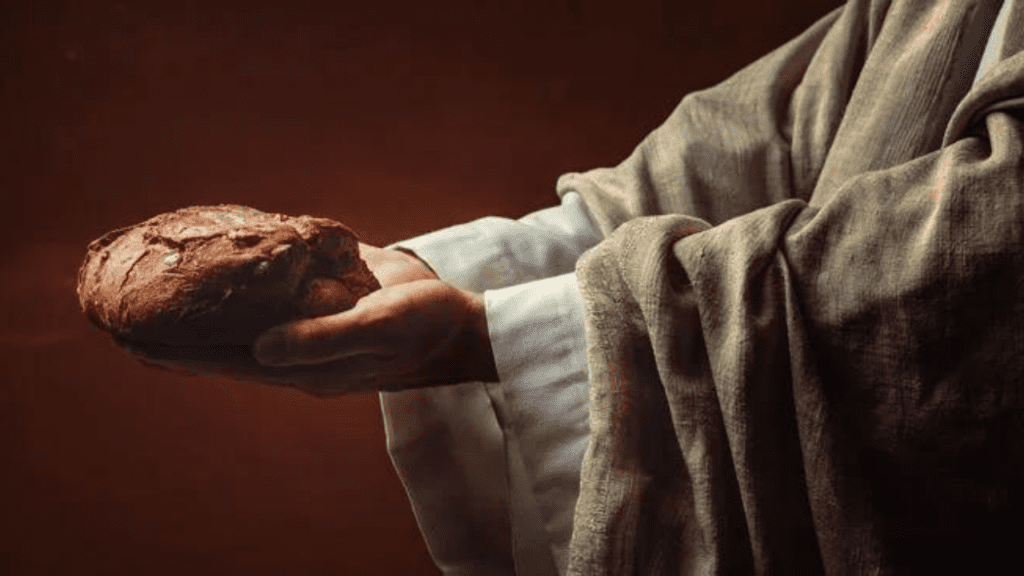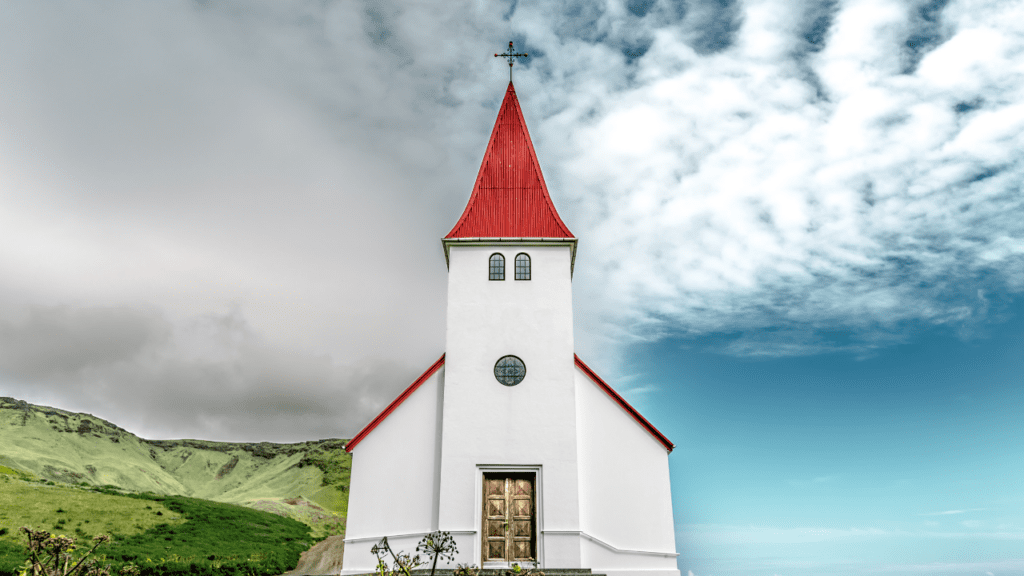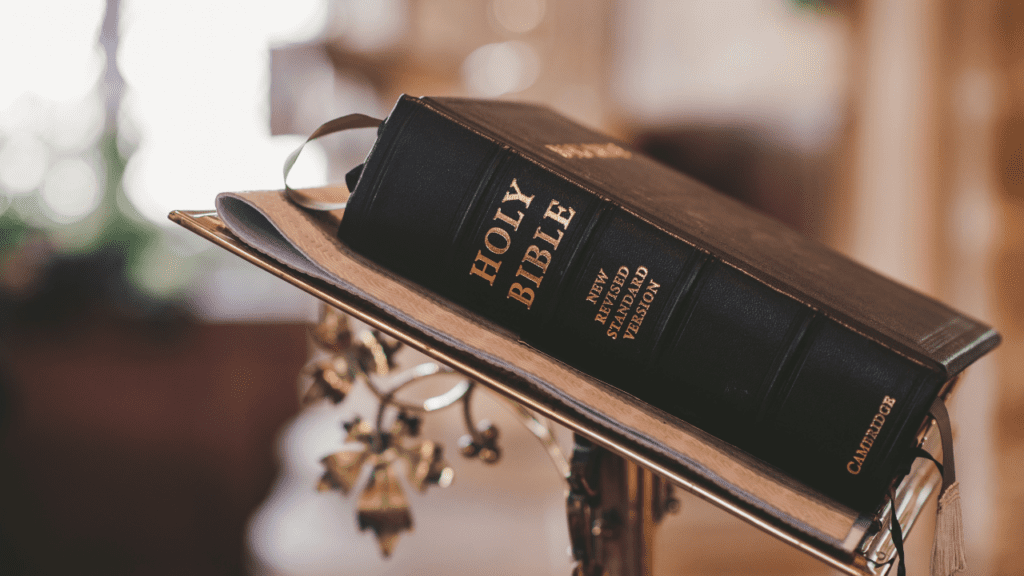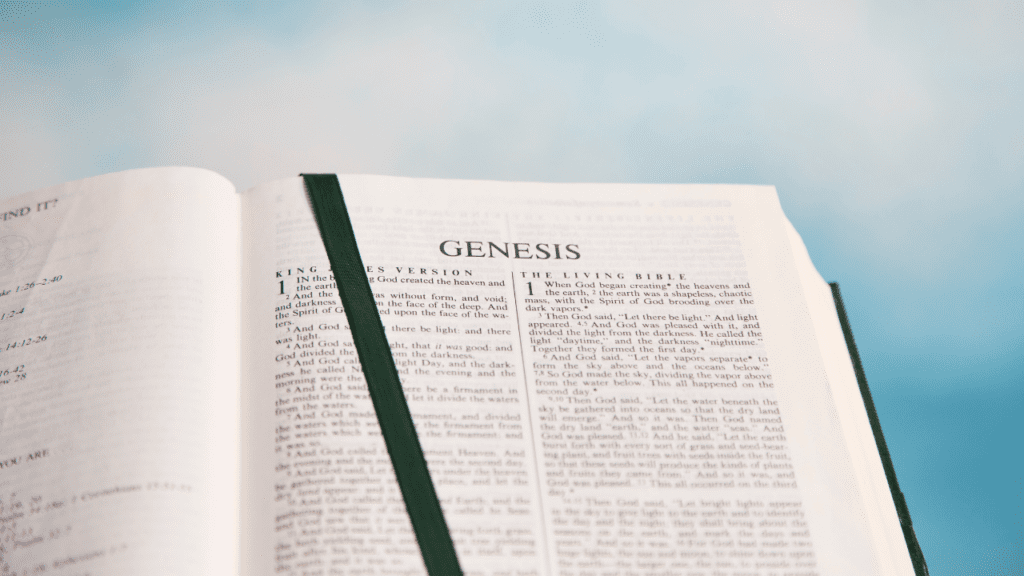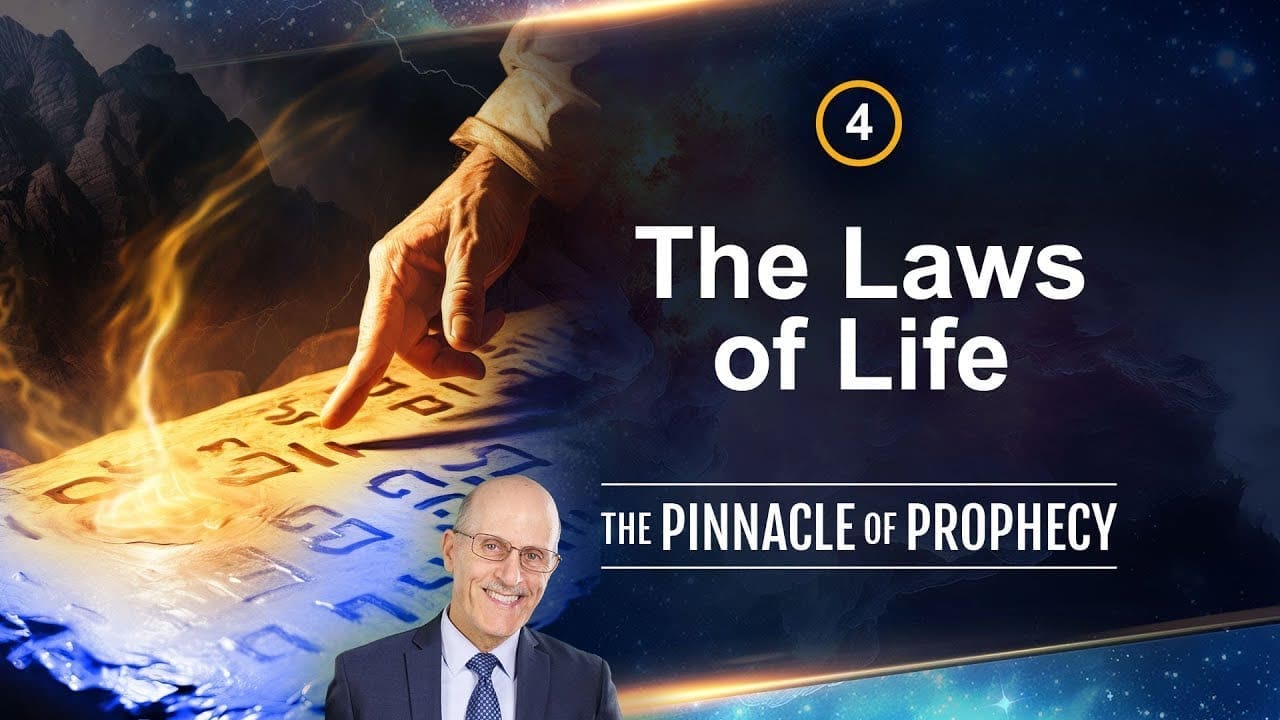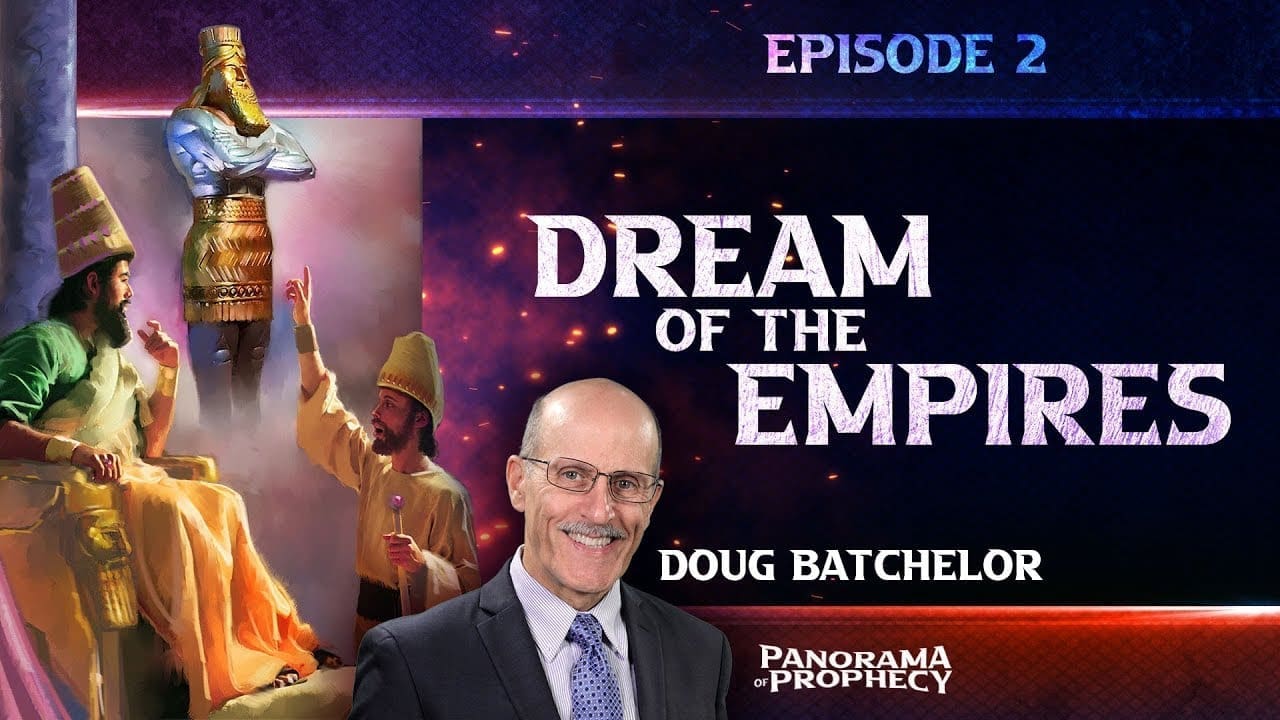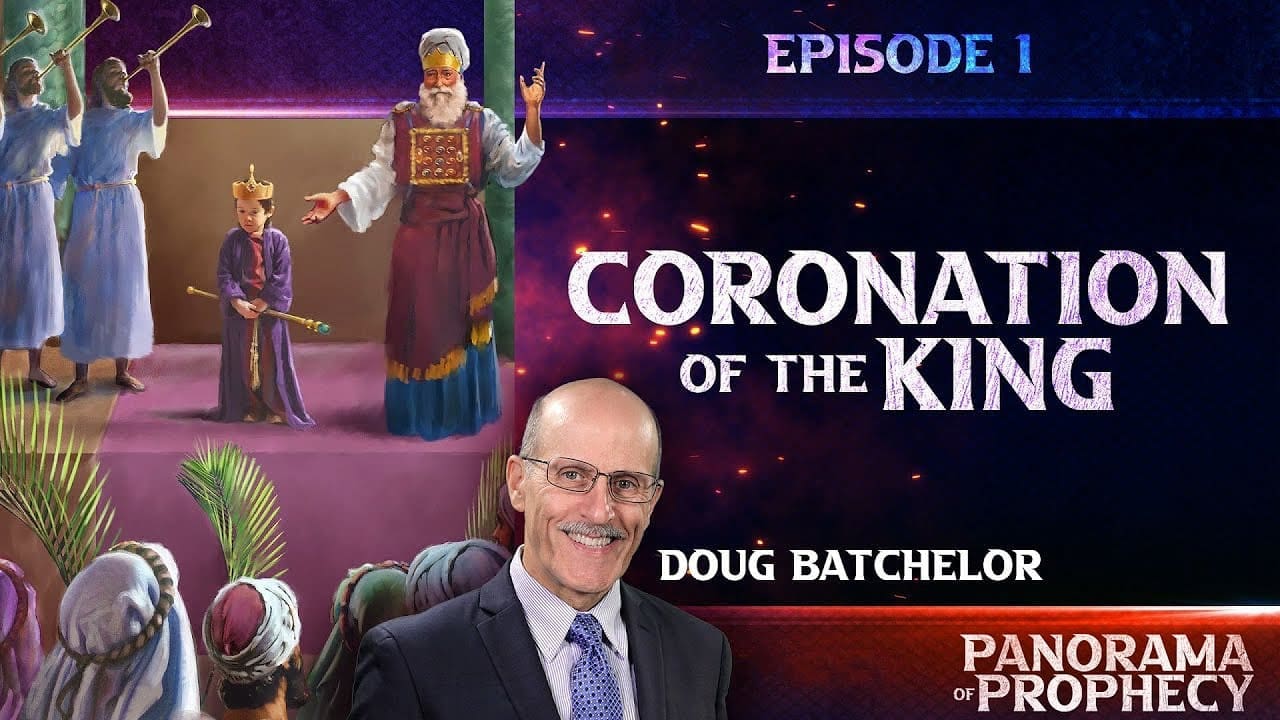Acts 20:7, describes a gathering of believers where they came together to break bread. However, this verse does not provide evidence for the Sabbath being changed from the seventh day to the first day.
It is important to note the context and the biblical method of reckoning time. The meeting described in Acts 20:7 actually began on Saturday evening, not what is now known as Sunday. According to the biblical method of reckoning time, each day begins at sunset and goes to the following sunset. The first day of the week starts on the evening of the seventh day, the second day of the week starts on the evening of the first day, and so on. In this case, the meeting began on the dark part of what is now known as Saturday evening.
The mention of lamps in the upper room indicates that the meeting took place in the evening. Verse 7 also states that Paul was ready to depart the next day, suggesting that he had planned to travel on what is now known as Sunday, which would not be expected if he were observing Sunday as a holy day.
If we were to use the modern Roman reckoning of time, the meeting would have started on Sunday evening after dark, and the breaking of bread would have occurred on Monday, not Sunday.
In addition, there is no indication in the Scriptures that the celebration of the Lord’s Supper, represented by the breaking of bread, was confined to any particular day of the week. In 1 Corinthians 11:26, Paul states that as often as we eat the bread and drink the cup, we proclaim the Lord’s death until He comes. The emphasis is on the act of remembrance and proclamation, rather than a specific day.
So Acts 20:7 does not provide evidence for a change of the Sabbath from the seventh day to the first day of the week. The Sabbath remains as the seventh day, and the breaking of bread described in the verse does not establish the first day as a designated holy day.

